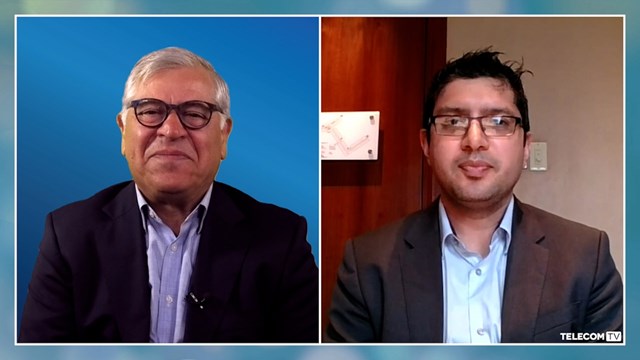
via Flickr © MPD01605 (CC BY-SA 2.0)
- Telecoms co-investment agreement is being hammered out in Brussels
- CSPs will be able to share fibre build costs and will be urged to invest in fibre in return for regulatory relief
- Opponents say co-investment will cripple competition
The thorny issue of co-ownership has been rearing its divisive head in Brussels for some time now, with the big European telcos agitating for what they term ‘regulatory relief’ in return for their coughing up lots of cash for infrastructure investment.
According to Reuters, incumbent CSPs are now to be shown a path to a measure of deregulation if they agree to co-invest with rivals. Yesterday it reported that a long-expected deal (fudge, compromise) had been informally agreed. It says a text is now being hammered out under which pricing deregulation is to be offered in return for incumbent operators agreeing to co-ownership arrangements. Under these they will jointly roll out fibre infrastructure or take up-front cash to fund investment in return for granting long-term rights for partners to gain access to their fibre.
The incumbents maintain the change is necessary because if they invest under the current rules, they are forced to sell on their fibre at regulated prices, making the investment unattractive.
The familiar reverse argument is that competition (rather than a cosy operator agreement) is necessary to keep downward pressure on prices.
In general so-called competitive operators are against co-ownership as they see it as favouring the large incumbents. Even Vodafone (not exactly an upstart) is against the up-front capacity option in particular since, it says, such investment would only grant rights and not the co-ownership of the resulting network.
Voices against
ECTA, the body representing Europe’s competitive operators is dead against co-ownership in all its forms, pointing out that any sort of co-ownership deal, no matter how carefully overseen by regulators, tends to take the sting out of the vigorous competition necessary to kick along the digitalization of Europe’s economy and, of course, runs against the interests of its members.
ECTA’s Executive Director, Luc Hindryckx, maintains that the root of the problem is the new telecoms code which guides policy-making in the EU. He says the old three-sided policy objectives of promoting competition, promoting the internal market and safeguarding citizen interests were joined in the code by the “promotion of access to, and uptake of, very high capacity (VHC) connectivity.”
This enables policy decisions that cut across competition in particular, he maintains, resulting in a “political compromise that will undermine existing pro-competitive safeguards and allow arbitrary inroads into competitive market functioning.” (see - The end of EU competition is nigh and the result will be a crippled Connected Digital Single Market, says ECTA).
“Deregulation ignoring significant market power to promote co-investment is antithetical to effective and sustainable competition. Indeed, it contradicts the well-established competition law principle that those with special power also bear special responsibility – including for investment in VHC networks.”
Email Newsletters
Sign up to receive TelecomTV's top news and videos, plus exclusive subscriber-only content direct to your inbox.




